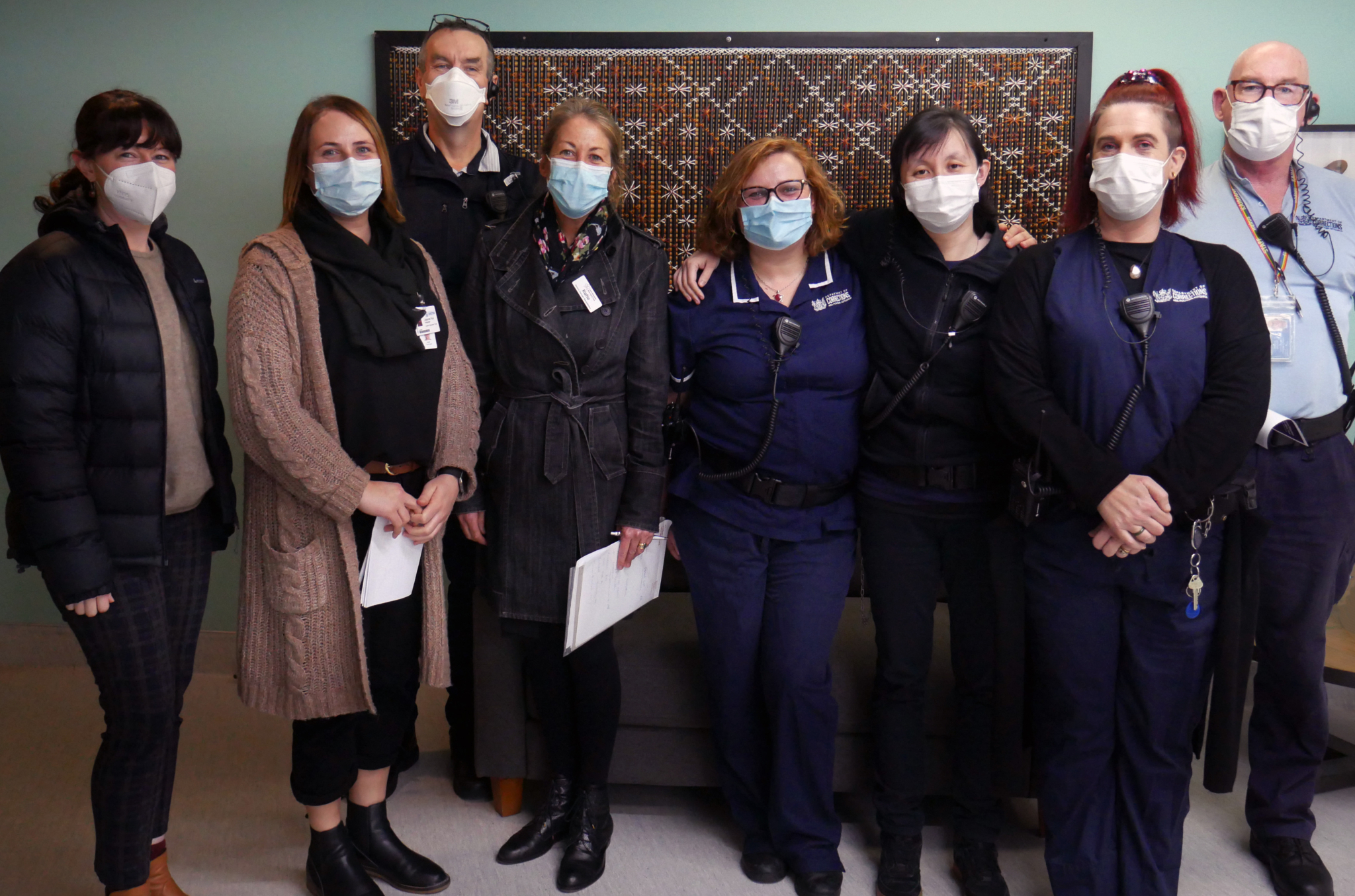Laura Fergusson’s very own Neuropsychologist, Leanne Mathews, had the privilege of spending 18 months in two youth justice facilities completing neuropsychological assessments. She reflects on time and the lessons learnt in an article published in the latest edition of the Journal of the NZCCP.

The aim of Leanne’s project was to increase the understanding of neuropsychological conditions of young men in the youth justice system. She says the project “was about getting to know cognitive strengths and weaknesses, assisting in accessing services and providing strategies to help; the focus was not on offending.” She also wanted to increase the knowledge of the correctional facilities staff about neuropsychological conditions, to improve day to day interactions, and assist with referral to external services and creation of intervention pathways.
Many of the rangatahi (young people) benefitted greatly from the neuropsychological assessments, understanding themselves in terms of strengths and weaknesses, why they experienced certain difficulties and strategies they could use to help.
Leanne reflects on the importance of the relationships she formed with the rangatahi. She says “To be honest, I was very intimidated by the entire process, I worried that one wrong step would unravel a project I greatly believed in.” Despite her fears, the project was a success, she quickly built rapport and trust with the rangatahi. Leanne was an external person, a novelty, who was genuinely interested in the rangatahi’s lives, meaning rapport was easy to build. Once the weekly assessments started, the rangatahi grew to trust her, she began to hear comments such as “Miss, when is it my turn to come and see you?”
After the assessment, feedback was given in a way that the rangatahi could understand. This was important as often rangatahi do not often receive feedback following their assessments, and when given, they are normally written in technical language not often understood by the rangatahi. Numerous rangatahi sought further clarification once they had processed the initial feedback, and even requested assistance from educators in the unit to identify potential employment that focused on their strengths.
To read more about Leanne’s project check out her article in the latest edition of Journal of the NZCCP. Or click here to read now.